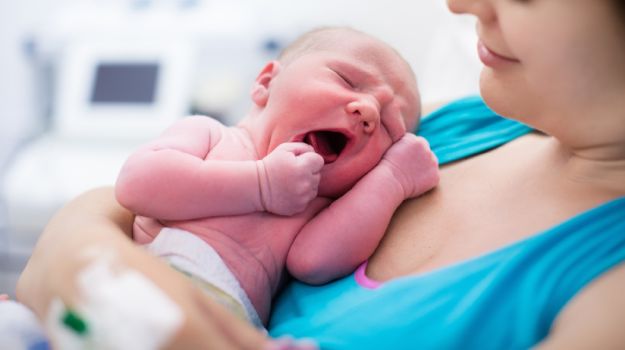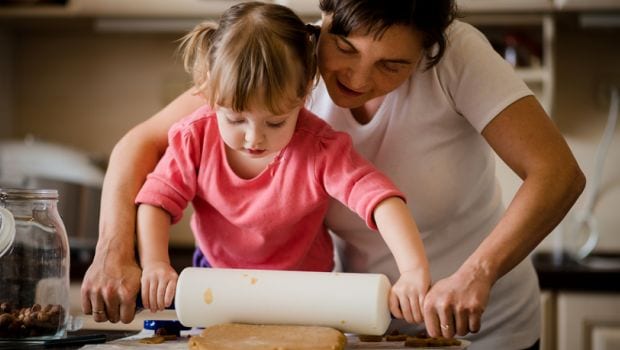

Parenthood is no easy task. It takes immense effort as well as patience to raise kids, right from toddlers to teenagers and then watch them growing into adults. It is a roller coaster of a ride having to deal with tantrums, sleepless nights, anger issues, so on and so forth. But parenthood also brings along with it many fruitful rewards that can never be matched with anything else. The joy of having a family, sharing happiness, laughter and pain with children, watching them grow up into successful individuals, having them around during old age – it’s an overwhelming experience. And this emotional turmoil actually increases your social behaviour, keeping you active and healthy. According to a recent study done in Sweden, men and women with at least one child had lower death risks than those without. And fathers are said to gain more in life expectancy than mothers.
The study published in the Journal of Epidemiology & Community Health stated, “At 60 years of age, the difference in life expectancy was two years for men and 1.5 years for women” compared to those with no kids. Researchers tracked the lifespan of more than 1.4 million people (men and women) born between 1911 and 1925 and living in Sweden. They also gathered data on whether the participants were married and had children.

By age 80, men who fathered children had a remaining life expectancy of seven years and eight months, compared to seven years for childless men, said the team. For mothers, life expectancy at 80 was nine years and six months, while for childless women it was eight years and 11 months.
However, the researchers admitted that the study merely pointed out a correlation, and cannot conclude that having children is the cause of the life expectancy gains. The parents benefitted more probably from social and financial support from their children in old age, or a healthier lifestyle as compared to those without children.
The association between having children and longer life was found in married and unmarried people, but appeared to be strongest in single, older men, said the study. This could be because unmarried men relied more heavily on their offspring in the absence of a partner.
[“source-ndtv”]




